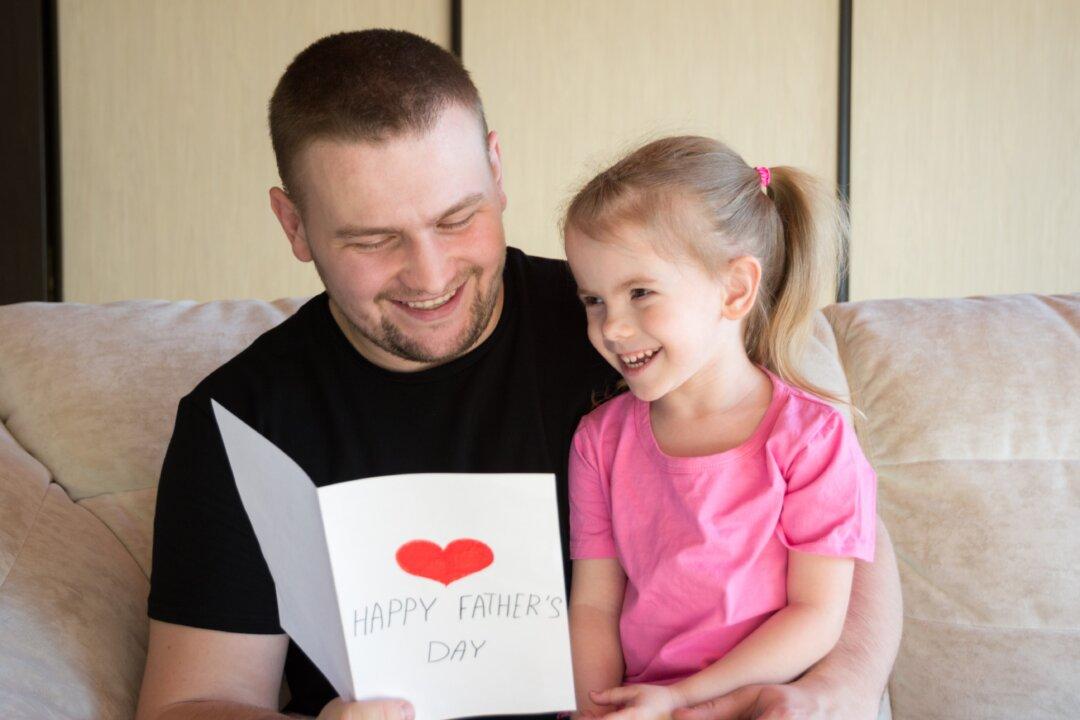For some, selecting a gift for Dad for Father’s Day is easy. Dad’s an oenophile, so you buy him a few bottles of cabernet sauvignon. He enjoys puttering around in the garden, which brings him some brand new tools and a pair of gloves. He frequently works at home and sometimes needs to escape the clamor of the little ones, so you give him a nice set of noise-canceling headphones.
In my case, my kids, all of them grown now, usually get me a gift certificate to Happy Creek Coffee or the Royal Oak Bookshop, both of which bring me pleasure. The coffee shop is a second home to me, and shopping for books is always a joy.






